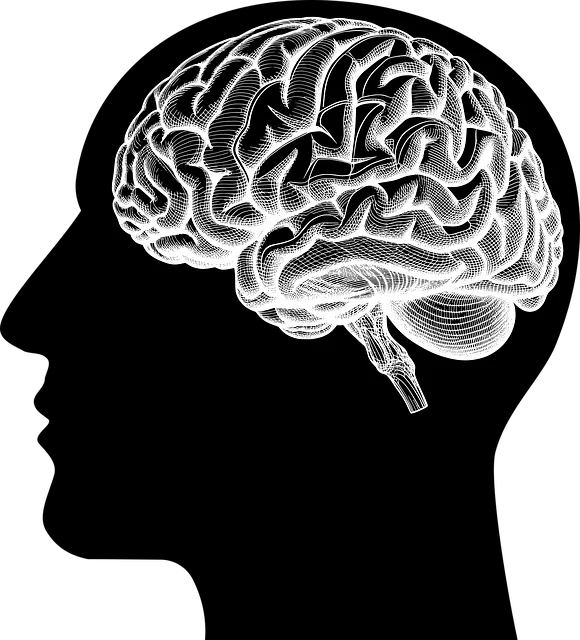Northglenn Kaiser Permanente behavioral health services prioritize community needs through engagement and focus groups to tailor programs addressing cultural, social, and economic factors. They implement holistic workshops, seminars, and support groups based on identified mental health issues, fostering trust and encouraging well-being. Strategic partnerships and data-driven evaluations ensure accessible, effective initiatives tailored to diverse demographics, contributing to the community's overall mental wellness.
Community outreach programs play a vital role in addressing diverse needs, especially within urban landscapes like Northglenn. This article explores the strategic implementation of such programs, focusing on mental health initiatives through partnerships with healthcare giants like Kaiser Permanente. By understanding community requirements, designing tailored behavioral health services, and leveraging resources, Northglenn has set an example for effective outreach. We delve into the process, from identifying needs to measuring success, offering valuable insights into enhancing access to care.
- Understanding Community Needs for Effective Outreach
- Designing Northglenn's Behavioral Health Service Programs
- Engaging Kaiser Permanente Resources and Partnerships
- Measuring Success: Evaluating Outreach Program Impact
Understanding Community Needs for Effective Outreach

Understanding community needs is a foundational step for implementing effective outreach programs, especially when focusing on behavioral health services like those offered by Kaiser Permanente in Northglenn. By engaging with the community and listening to their concerns, organizations can tailor their initiatives to address specific challenges. This involves recognizing the unique cultural, social, and economic factors that shape residents’ mental well-being. For instance, a neighborhood’s history of discrimination might influence access to healthcare services or trigger stress-related issues.
Empathy building strategies, such as community forums and focus groups, can help identify these hidden barriers. Through open dialogue, Northglenn Kaiser Permanente can gain insights into the emotional regulation and conflict resolution techniques most relevant to the community. This ensures that behavioral health outreach programs are not only accessible but also culturally sensitive, fostering trust and encouraging participation in initiatives aimed at improving overall well-being.
Designing Northglenn's Behavioral Health Service Programs

In Northglenn, Kaiser Permanente recognized the need to go beyond traditional healthcare services and implemented specialized behavioral health programs tailored to the community’s unique needs. The first step involved extensive research and community engagement to understand the pressing mental health issues and barriers to care. By organizing focus groups and surveys, they uncovered concerns related to stress management, self-esteem improvement, and access to support networks. This data-driven approach ensured that the designed programs would address the most relevant challenges faced by Northglenn residents.
The resulting initiatives focused on holistic well-being, incorporating activities like meditation workshops, self-care routine development for better mental health, and group therapy sessions centered around building resilience and fostering connections. These programs aimed to empower individuals with effective self-care practices, enabling them to take charge of their mental health. By combining evidence-based strategies with a community-centric approach, Northglenn Kaiser Permanente behavioral health services strive to create lasting positive changes in the lives of residents.
Engaging Kaiser Permanente Resources and Partnerships

In implementing community outreach programs, particularly focused on enhancing Northglenn Kaiser Permanente behavioral health services, leveraging available resources and fostering strategic partnerships is paramount. This includes engaging with Kaiser Permanente’s extensive network of healthcare professionals, community organizations, and local government agencies. By bringing together diverse stakeholders, such as mental health experts, schools, and community centers, the initiative can develop comprehensive strategies to address the unique needs of Northglenn residents.
One key aspect to focus on is integrating self-care practices and emotional regulation techniques into these outreach programs. Teaching effective communication strategies and promoting emotional well-being are essential components that can empower individuals to manage their mental health proactively. Through partnerships with Kaiser Permanente, community leaders can facilitate workshops, seminars, and support groups tailored to different age groups and demographic segments, ensuring that everyone has access to the necessary tools for maintaining good behavioral health.
Measuring Success: Evaluating Outreach Program Impact

Evaluating the impact of community outreach programs is crucial to understanding their effectiveness and ensuring they meet the needs of the target population. At Northglenn Kaiser Permanente, behavioral health services have seen significant benefits from well-designed outreach initiatives. These programs aim to improve mental wellness by fostering connections with underserved communities. By measuring success through various metrics, such as program attendance, participant feedback, and improvements in coping skills development, the organization can track progress and make data-driven adjustments.
The Community Outreach Program Implementation involves a multi-faceted approach to assess the reach and impact of services. Pre- and post-program assessments help gauge changes in participants’ mental health status and coping strategies. This evaluation process allows for a deeper understanding of the program’s contribution to the community’s overall mental wellness, identifying areas for improvement, and ensuring resources are allocated effectively to support those who need it most.
The implementation of community outreach programs, as demonstrated through Northglenn’s innovative approach with Kaiser Permanente’s resources, significantly enhances access to critical behavioral health services. By understanding local needs and fostering strategic partnerships, these initiatives not only improve individual well-being but also strengthen the overall fabric of communities. Moving forward, continuous evaluation and adaptation based on measured impacts will ensure that programs like these remain effective and relevant in addressing the evolving mental health landscape for Northglenn residents and beyond.






